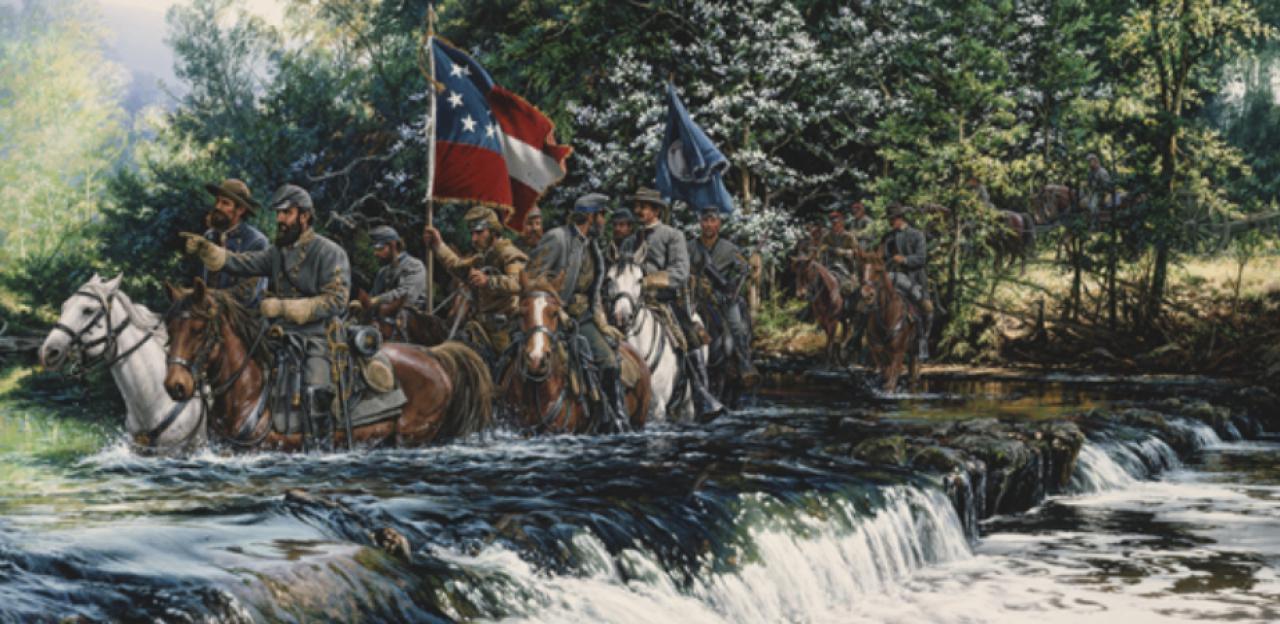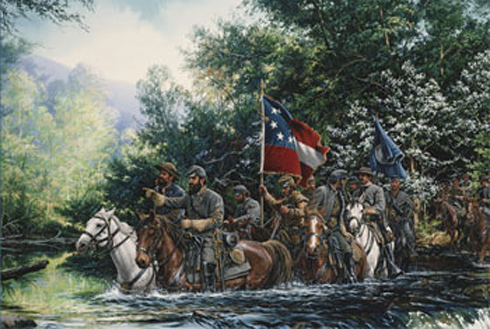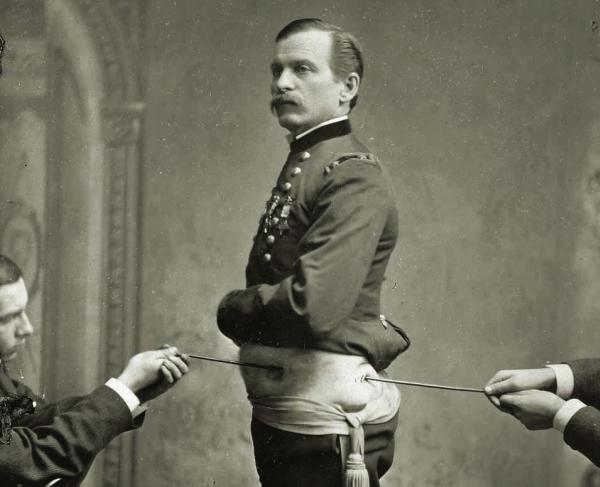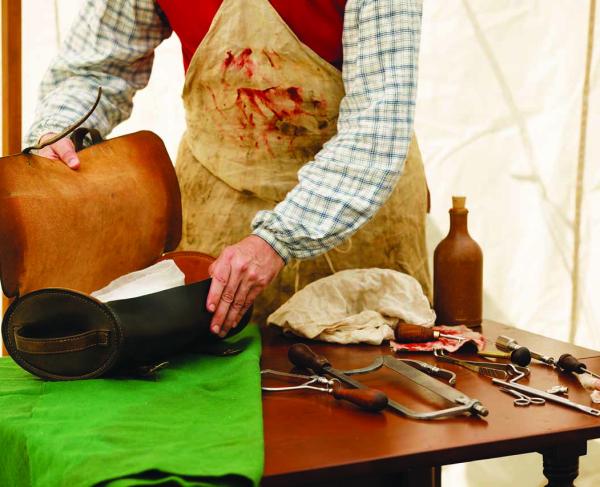Stonewall Jackson: Eccentric Commander

Today, Thomas Jonathan Jackson is primarily remembered as “Stonewall” — a brilliant tactician with an audacious streak that often brought him triumph on the battlefield. That legacy, however, does little to recall the eccentric professor and soldier known to those who served alongside him.

Jackson was born January 21, 1824, in Clarksburg, a community in present-day West Virginia — the descendent of indentured servants convicted of larceny in England. In 1842, Jackson secured an appointment to the U.S. Military Academy at West Point. With little formal education, he began his studies at the bottom of his class, but through hard work, he rose steadily, to graduate 17th of 59 in the class of 1846. Lt. Jackson served in the 1st U.S. Artillery with distinction in the Mexican War, earning a field promotion to major for his aggressive performance at Chapultepec.
In 1851, Jackson resigned his military commission and accepted a position as professor of natural and experimental philosophy and instructor of artillery at the Virginia Military Institute. Although the field tactics he imparted were indisputably valuable — many of them are still part of the curriculum — students were frustrated by his lack of skill in the classroom. Jackson would carefully compose each lecture, then recite it from memory, indulging questions by repeating segments of his monologue. In 1856, a group of disgruntled alumni sought to have him fired for poor instruction.
Throughout his adult life, Jackson was well known for his eccentricities; he was something of a hypochondriac, and modern physicians and psychologists continue to speculate about possible diagnoses for his symptoms and behaviors. He was plagued by hearing loss following a career in the artillery and believed his arms to be different lengths, leading him to elevate one in an effort to equalize his circulation. Contemporaries reported that he sometimes fell asleep during meals, even while chewing and stories persist that he ate lemons whole to aid digestive issues. He eschewed the flamboyant dress and bravado exhibited by some of his fellow officers, causing some of his subordinates to interpret his extreme introversion as intentional secrecy and evasion, occasionally causing conflict in the ranks.


